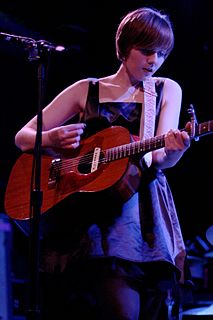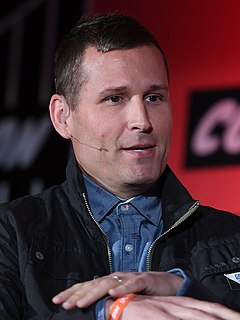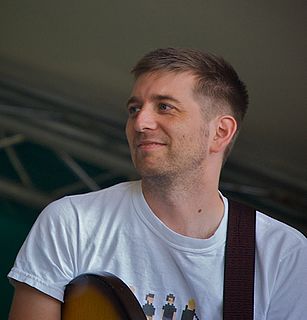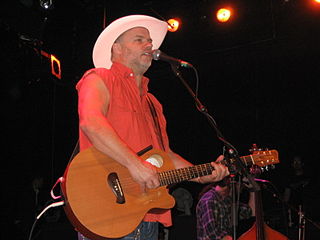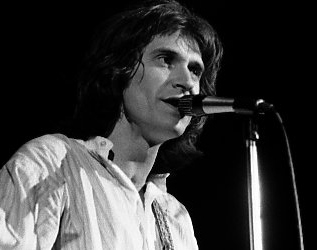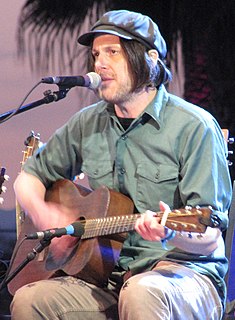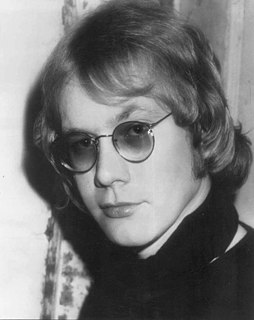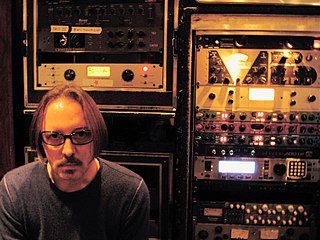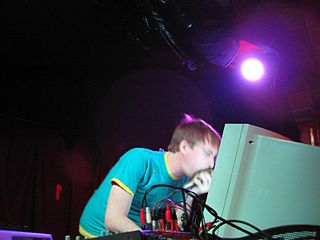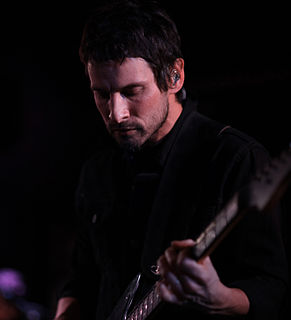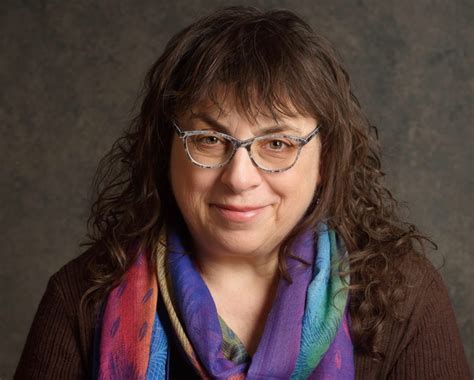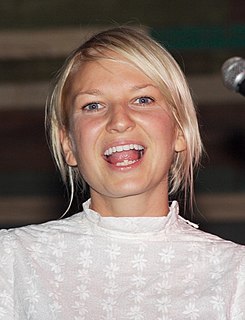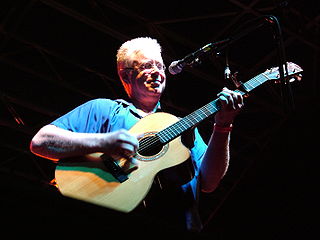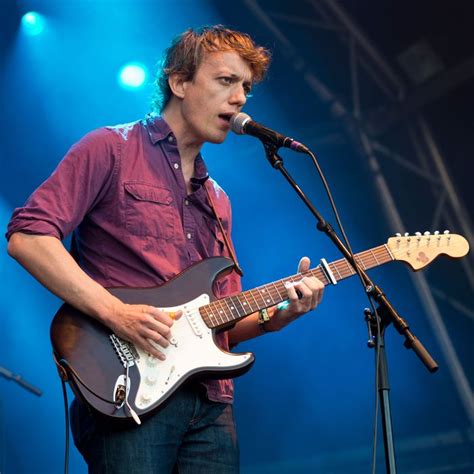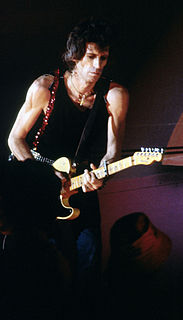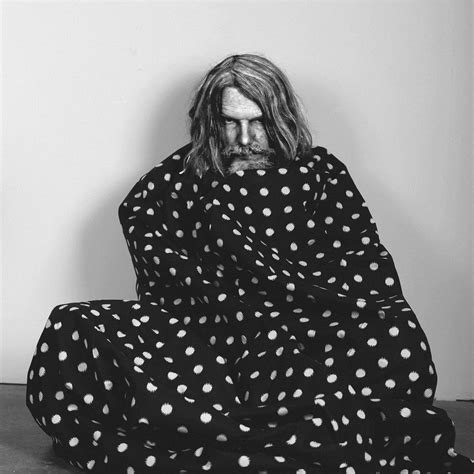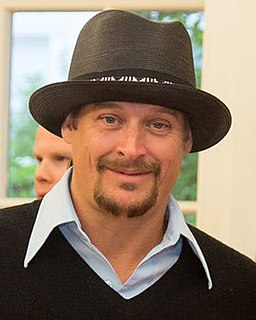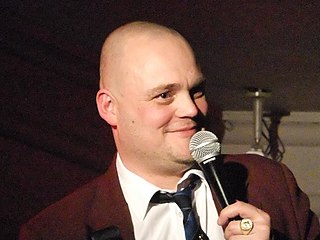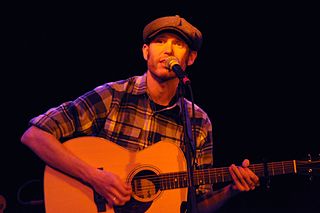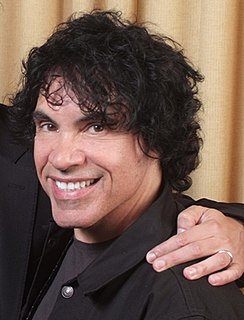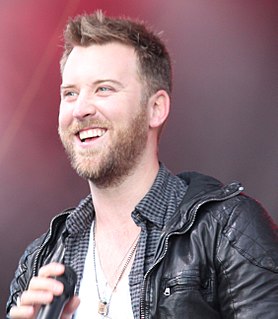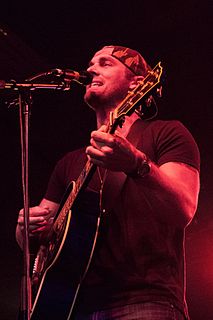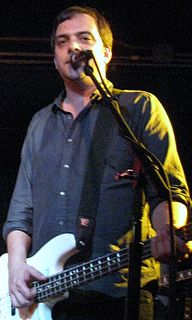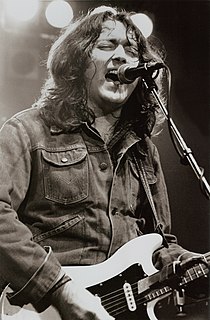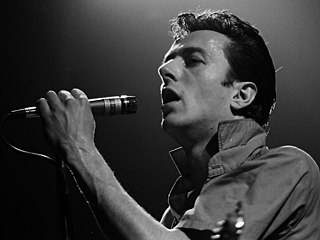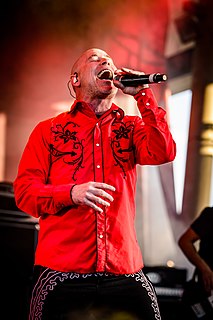Top 773 Songwriting Quotes & Sayings - Page 13
Explore popular Songwriting quotes.
Last updated on December 22, 2024.
For me songwriting is very...it's almost like an accident. 'Oh I accidentally wrote about that.' I sit down with the urge to write a song and then afterward it turns out being really personal. I get really overwhelmed by how I feel a lot and sometimes - I feel like my body and my brain can't deal with all the different emotions and I feel like I'm just going to explode.
At the beginning of my career, I saw an opportunity to forge new ground and focus on songwriting. Not many people were doing that at the time. Pretty much nobody. I thought I could write some really cool songs that would rise above all these dozens of genres that exist within dance music. I'd make it more about the songs. For the last 20 years, I've been sharing stories of my life through music. I've been writing songs about my life.
We spent a long time learning the craft of songwriting, Roger Glover and I, for a few years before we joined Deep Purple. You learn about the percussive value of words, and you learn about rhyme and meter. You learn that you can't transform a poem into a song lyric, mostly because the spoken shape of words is different than the sung shape of words. You wouldn't use the vowel 'U' or the vowel sound 'ooo' for a high note for example, its very difficult.
I would only listen to certain things, like a lot of teenagers do. But the Tragically Hip is a ribbon that's been with me pretty much my entire musical life. Every mix tape I ever made had at least one Hip song on it. Right from the outset I feel like Gord Downie built so much room into his songs. There was so much space in them that he created. He made me think of songwriting as full of boundless possibilities in a way that - well, that a lot of songwriters do, but that was the first time I thought a song could really contain multitudes.
Sometimes touring can warp reality because you're never in one place long enough to get a feel for it. You don't interact with people long enough to know what real life is. That's why a lot of artists write songs about longing and missing people when they're on the road. I do my best to keep my mind open and I read a lot when I'm on tour, so I hope I have good things to write about. I'm constantly in the songwriting process.
There really are two different schools of songwriting-American and Canadian. It's interesting. You guys have this history of guys like Paul Williams and Jimmy Webb, and they're different than Neil Young and Joni Mitchell and Leonard Cohen. All those weird voices come out of Canada. That's because it's so cold here we can hardly open our mouth. We get much less light in Canada. No wonder the writing's dark.
What happens a lot with songwriting is that a melody or rhythm or something stays with you like catching a cold. And during that time what happens is that I can then fit things on to it, it all fits and glues together. Sometimes it's crazy cos it can almost be anything. But if you catch the cold then the nonsense makes sense. It's like you're getting beamed it, like with a ouija board and something's pushing your hand. It's not a pleasant experience necessarily.
When I wrote the song, I had the sea near Bombay in mind. We stayed at a hotel by the sea, and the fishermen come up at five in the morning and they were all chanting. And we went on the beach and we got chased by a mad dog-big as a donkey. ... I think that songwriting changed when groups started spending more time in the studio. ... I've written so many songs about Englishmen, I have to go elsewhere. ... Our repertoire consisted of rhythm and blues, sort of country rhythm and blues, Sonny Terry things.
I think the songs I was writing after Aeroplane were full of a lot of undealt-with pain that was just a little too big... the issues seemed too large for me to confront intuitively through songwriting. I kept pushing it and pushing it. There are so many issues about being human and why people inflict pain on each other. There were seeds of all these things I hadn't dealt with. With just the personal issues, I felt I was in over my head, but then to write about it... To write you have to have at least a little bit of confidence you know what you're talking about.
I think I'm better at producing than I am at being a songwriter, but it doesn't change the fact that I still have a desire to play and write songs. I've never wanted to be a career musician. But I still love to play and write. It's a big part of who I am. Songwriting is not particularly easy for me. I think it would be easy for me if I didn't have such high restrictions and feelings about what I want my music to be. I'm not precious at all when it comes to producing music and I can bring that to an artist and let them expand their horizons.
But there's a thin line between songwriting and arranging. ... Recording at home enables one to eliminate the demo stage, and the presentation stage in the studio, too. ... And I think it's safe to say that the single very impressive figure to me was Merle Haggard. ... Dylan can do no wrong. ... Glenn Gould was my hero. Glenn Gould was my idol. I loved him. ... I loved Hendrix. I mean, really, really loved him. As if he were one of the great classical composers. And he was. That's how I saw him.
I love analogue tape and I love digital, they both have pluses and minuses and I don't really feel like I have to use one or the other. I love digital because it's really great for songwriting because you can just cut and move choruses around and pull chunks of songs. It's really easy to hear quickly "Oh, maybe the arrangement should be like this."
Any young, aspiring musicians out there, if music is what you want to do, if music is what you love and your passion. It doesn't take a fragrance, it's not about the tabloids, it's about you putting in the work, practicing every day, practicing your vocals, practicing your instrument, practicing songwriting. Hopefully one day you write the song the whole world wants to get down to. I promise you, if you go out there and sing and you put your heart and soul into it and you follow your dream, one day you're going to be sitting next to Ellen DeGeneres talking about how you broke records and rocked the Super Bowl.
I entered a songwriting competition, I didn't win, and one of the judges on the panel was an A&R man at a record label that had no other acts and I signed to them. We sent my demo out to five people and David Kahne got back to me that day, and said I think you're amazing I want to start with you tomorrow. He was like my Harvard reach school, I couldn't believe it. I was really excited. It was the first time anyone of any importance said I was good and I ran with that validation for a long time.
I wanted to be a singer, of course, but there was something about the songwriting, then and now, that is the most important thing. It's how I express myself, how I express how I see things. When I see people struggling with emotions and feelings and don't know how to put it down, I'm able to do that. It's really like a therapy, and it's like a buddy and a friend. It's a way out of a lot of things.
What keeps me motivated to create new music is the joy of songwriting. The joy of being creative. The joy of writing a poem or essay. Writing anything. I just love writing, whether it is music or words. I just didn't need to share it for the last 18 years. When you share it, it brings on other things, which is good.
I feel like I've got so much to do, from a music perspective. Jamie's done his record and traveled around the world with it. Romy did all those writing sessions. I would love to do what Romy's done and experience that other side of the pop machine. It sounds terrifying and, at times, a little bit soulless. That's a real pet peeve of mine, when people talk about songwriting in a cynical way. But having said that I still want to do it, just to know what it's like.
Everybody has their own approach to songwriting. When you're an electronic musician, the whole writing process just depends. Some people have a very live way of writing electronic music, very improvisational. They set up a lot of gear and do live takes. I'm concerned with having a specific kind of sound. There's not one second that I haven't put thought into. I put almost as much time into my live shows as I do into writing music, but they're two completely different processes. Some people think the way I perform live is how I write songs, which isn't true at all.
As you get older, your songwriting starts to become less and less about you, and especially when you have kids and a family. You start to see the world through other people's eyes a lot more to the point where it's hard to go back and relate to that "me against the world" perspective that I think a lot of my earlier songs were about. It's not so much about "me against the world," it's, how do you make the best possible future for your kids to grow up in?
I believe I love my guitar more than the others love theirs. For John and Paul, songwriting is pretty important and guitar playing is a means to an end. While they're making up new tunes I can thoroughly enjoy myself just doodling around with a guitar for a whole evening. I'm fascinated by new sounds I can get from different instruments I try out. I'm not sure that makes me particularly musical. Just call me a guitar fanatic instead, and I'll be satisfied.
I've been sort of writing sketches for songs on my own forever and putting them down on cassette tapes. Yet for years and years and years, my main songwriting outlet was as a member of Sonic Youth, and for most of our time together, our best songs were written in a group setting, where the four of us were getting together in a room.
Martin Swinger is one of those rare singer-songwriters who excels at everything: singing, songwriting, guitar-playing, and being so present with his humor, tenderness, and wild mind that his performances are also deep conversations, soul to soul and heart to heart, about the quirks, surprises, and love that brings us most alive. His songs, ranging from the little plastic parts that hold the world together, to what enlightenment comes from Buddha and Betty Boop falling in love, are whimsically and wisely original and enduring.
I just want to make a beautiful film. I've had it in my head for so long, so I want to try. Every now and again I get scared. And that's not really how I operate in songwriting or as Sia the artist, the singer. I don't operate from a place of fear. But this is such a new area for me. I still have some insecurity. So, like, once a week I get washed from the top of my skull down to my toes with this vomitous feeling of fear. I think, "Just don't do it. You don't have to do it. You're already a singer and a songwriter. Really, you don't have to make a movie.".
Someone should have a record that doesn't have any singing. It's my favorite Miles Davis record. I love hanging out in the summer, in New York, when it's miserably hot. I love electric Miles Davis in the summer. Jack Johnson, the songwriting especially, is a premier example of that. It always makes me feel hot in the city. It's also nice to have something not yelling in your ear. For me, as a lyricist, it's nice to put on something without any words.
I ended up writing songs and growing up in public with my songwriting. And it's a good thing for me back then: in the early '70s, there was a thing called artist development, where an artist could find his feet, find himself, find his voice. I think I made five or six albums before I sold five or six albums.
Politics is a part of life and art is about life. It doesn't mean that all the art has to be about politics - in fact, heaven forbid. But politics is a totally legitimate area of focus for any art, whether it's painting or songwriting or anything else, as much as sex is, as much as spirituality is, as much as any other behavior of people is.
Listening closely to songs these days, there's a lot of lazy songwriting where people get away with it. I don't want to be too critical about it. But I also feel like I wanted to say something a bit different from just being a musician and singing about yourself. Ultimately, that's not really interesting to me. Even when I was a kid, I was interested in observing people and maybe making my own stories. That kind of reflects in my music.
Songwriting is about getting the demon out of me. It's like being possessed. You try to go to sleep, but the song won't let you. So you have to get up and make it into something, and then you're allowed to sleep. It's always in the middle of the night, or you're half-awake or tired, when your critical faculties are switched off. So letting go is what the whole game is. Every time you try to put your finger on it, it slips away. You turn on the lights and the cockroaches run away. You can never grasp them...
I feel fortunate that I've had a lot of songs recorded by other people, because I take my songwriting very seriously. It's only those people that have followed me over the years and really know my work that know how serious I am about all of it - including the way I look. You can't take my high heels from me, you can't have my long fingernails, you can't take all this hair from me, because it's part of this thing that I've become. I wouldn't want to give any of it up. Do I have to be ugly to be a songwriter? This is the way I am, and it's what I choose to be.
What is it that makes you want to write songs? In a way you want to stretch yourself into other people’s hearts. You want to plant yourself there, or at least get a resonance, where other people become a bigger instrument than the one you’re playing. It becomes almost an obsession to touch other people. To write a song that is remembered and taken to heart is a connection, a touching of bases. A thread that runs through all of us. A stab to the heart. Sometimes I think songwriting is about tightening the heartstrings as much as possible without bringing on a heart attack.
A few years back, even the most commercial pop could have some artistic value. Someone who liked underground music could appreciate Justin Timberlake, too. Now, I just don't get it. Production values are boring; songwriting has gotten worse - the choruses on a lot of popular hip-hop songs are especially bad. The rappers hit their flow in the verses, then when they try to sing, it's a mess. And just like the airbrush tool in Photoshop, Autotune is way overused. It's not a toy!
I'm more critical of my songwriting than anybody, but I've worked really hard in the last five to 10 years to improve. I didn't take it all that seriously when I started. It was a little bit of a stigma to being a songwriter or a folkie back then. I did a lot of send-ups of sensitive singer-songwriter stuff when I was starting out, which limited my development as a songwriter in a way. I wasn't really fully given license to explore that until the mid-90s. I'm still working on it; I'm a little bit of a late bloomer.
I've just really been into melody and lyrics and songwriting. Writing a rap, to me, is easy. I could write a rap like that. But writing songs and melodies and s**t that's hopefully going to stick around for 30, 40 years is f**king hard...If you have good songs and you're talented, people will eventually come to your shows, people will buy your music.
I don't try to approach things any differently, songwriting-wise, regardless of what I'm doing. I try to write whatever the best thing is that I'm doing that day. If I'm working on a pop song, I'm working on a pop song to the best of my ability. If I'm working on a bluegrass song, it's the same thing. They're not really different parts of the brain.
The thing that interests me far more than anything is creating music, songwriting and arranging, and in that context drumming itself is a means to an end. I think it's really easy to forget that - I'd sooner play something musical than flash, and as I can't play anything flash, I try to be musical. Drums can set a mood, create an impression, as much as anything else.
I always try to write a song, I never just want to write a record. Originally I was not writing songs for myself. ....And I can say this, most of the people who have recorded my songs are songwriters themselves. ... Even if I don't release it myself, somebody else might hear it and want to record it. When you write a song, it gives it that potential. When you write a song, a song has longevity. ... So I wanted to sing inspirational music, and that's exactly how I approached it-only the words have been changed to declare my relationship with God. Songwriting is my gift from God.
I don't really have a set-in-stone process or formula. Sometimes the melody is there and I have to chase down the lyrics. Sometimes, the song is there and I have to make the melody fit. What I've learned so far about songwriting is that I can't force a song. If I try to do that, it's hollow, and people know a hollow song when they hear it. It's the song they stop listening to and forget about. I'd prefer not to write those kinds of songs.
To me, music and songwriting is... part of the intriguing thing is the creative process; you know, the creative thought process. Relying on that... there is some sort of inspiration there and you can't always put your finger on where it comes from. So, it's always been important for me to have my own thing and, even though I'm inspired by and influenced by many different musicians and styles of music, I was very determined early on to have my own thing. So when I sit down to write I don't necessarily have a particular narrative or message in mind. I'm interested in language and in words.
Everything about singing, I learned from busking. Everything I learned about songwriting, I learned from busking. Busking, you learn people, you learn about reading people. You learn about reading the atmosphere of the street. If you stand still in any city long enough, you see everyone pass you by. It's almost like you get to know personality types, just by watching people walk past. You get a sense for things.
There's a lot of craft in songwriting. The divine inspiration is when the idea comes. It may be a riff. It may be a word. It may be a phrase. It may be a title. Sometimes, in the best of both worlds, that divine inspiration extends through the whole song. I've literally sat down and written a song from beginning to end, almost complete lyrics and everything without ever stopping...in two minutes. The chorus of 'She's Gone' was like that.
I have a structured songwriting process. I start with the music and try to come up with musical ideas, then the melody, then the hook, and the lyrics come last. Some people start with the lyrics first because they know what they want to talk about and they just write a whole bunch of lyrical ideas, but for me the music tells me what to talk about.
I think there are a lot of artists that are very traditional. I think someone can be a fan of someone like Josh Turner and then turn around and be a big fan of someone like Taylor Swift because, at the end of the day, it's all about those songs. I feel like country music has the best songwriting and the best songs of any genre.
To begin with, the key principle of American indie rock wasn't a circumscribed musical style; it was the punk ethos of DIY, or do-it-yourself. The equation was simple: If punk was rebellious and DIY was rebellious, then doing it yourself was punk. 'Punk was about more than just starting a band,' former Minutemen bassist Mike Watt once said, 'it was about starting a label, it was about touring, it was about taking control. It was like songwriting; you just do it. You want a record, you pay the pressing plant. That's what it was all about.'
When it's your words, and then you watch it connect with an audience as the artist, I kinda reflect back on the writing process and why those words were important to me. And to watch people sing it back, I mean, that kinda means everything because that's the whole point for me - performance and songwriting - is to connect with people.
I studied acting and there's certainly an element of performance. I think that the songs are in many ways written to be performed. I think about what it's going to be like to sing them on stage rather than what it's going to be like to have someone at home listening to them on a CD. I guess in that way there's a connection between my acting experience and the songwriting and the way the songs are written.
Naturally, in 10 years, you change as a person and you learn a lot from your mistakes. You also learn a lot about wasting time and the right way to handle things. We're not touring as much. We're not doing eight or nine months of the year, so I've got a bit more time to get a perspective on what I do. I think I've improved my songwriting. I'm every bit as enthusiastic about playing as ever and I'm still learning.
I have a weird life because I live on songwriting royalties, which are a strange income. Sometimes it rains, sometimes it doesn't. ... I want to grow up with my audience. I don't expect to be getting through to the younger pop crowd. I learned that from Paul Simon. ... When you blame yourself, you learn from it. If you blame someone else, you don't learn nothing, cause hey, it's not your fault, it's his fault, over there. ... People have told me songs I've written have changed their life. That's remarkable. That keeps your faith.
I think our songwriting has evolved. We can show that we have continued to branch out and do different stuff and incorporate different instruments. When it comes to writing, I think that we have pushed the envelope. We can do whatever we want to try - a longer song or a shorter song, some different instruments, some piano, an intro with just vocals, something that's scathing. Whatever. However we feel the song should go, that's what we will do. With that mindset, I think it's made us better writers.
I'm pretty critical, but I'm also pretty good at letting go once it's done. There's this existential argument that comes in, at some point, when you're over-thinking the songwriting process. There's no guarantee that the more time you spend or the more you concentrate on certain aspects that that's going to produce a better result, especially in the arts. Some of the most brilliant things that someone might do could happen in three minutes because it's something that just occurs to them.
